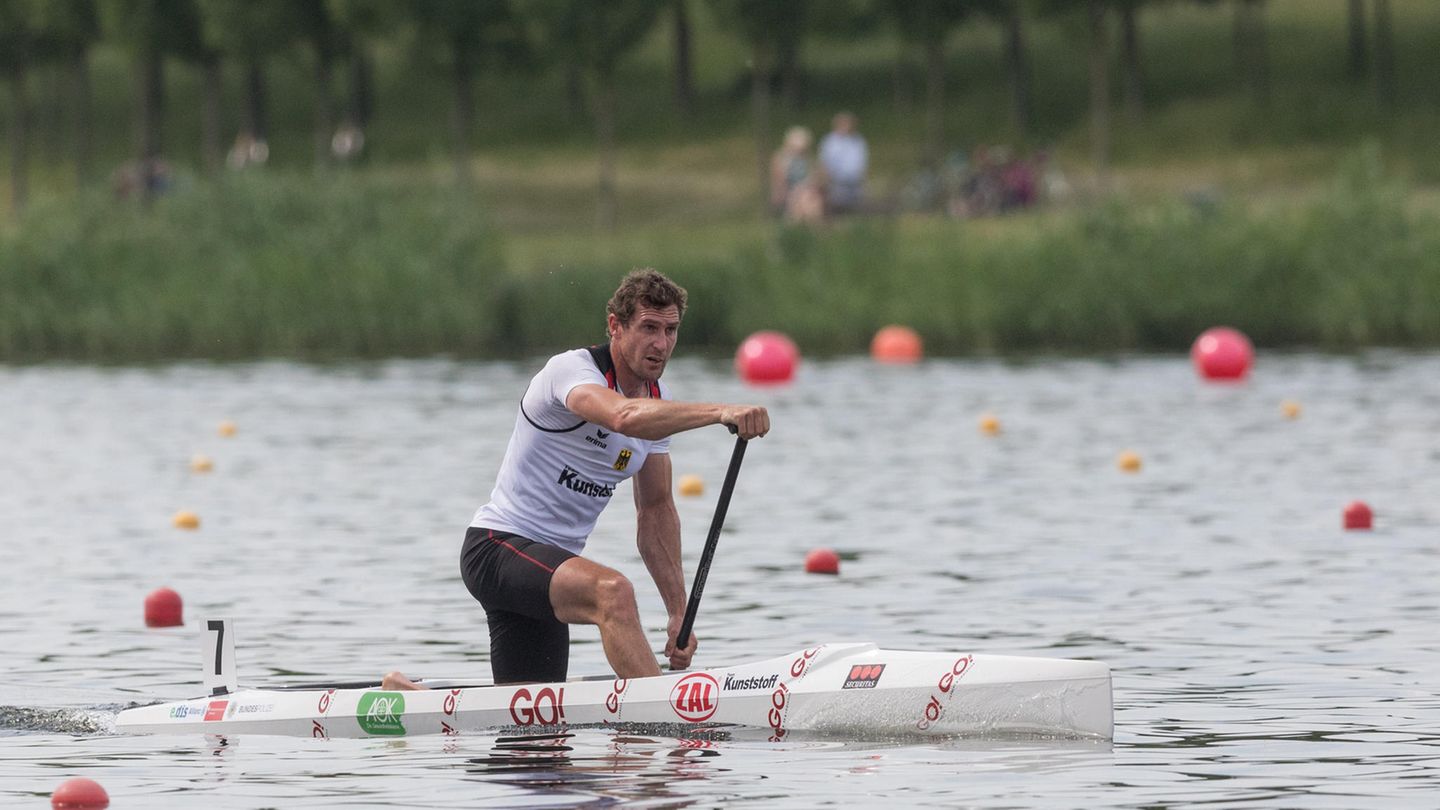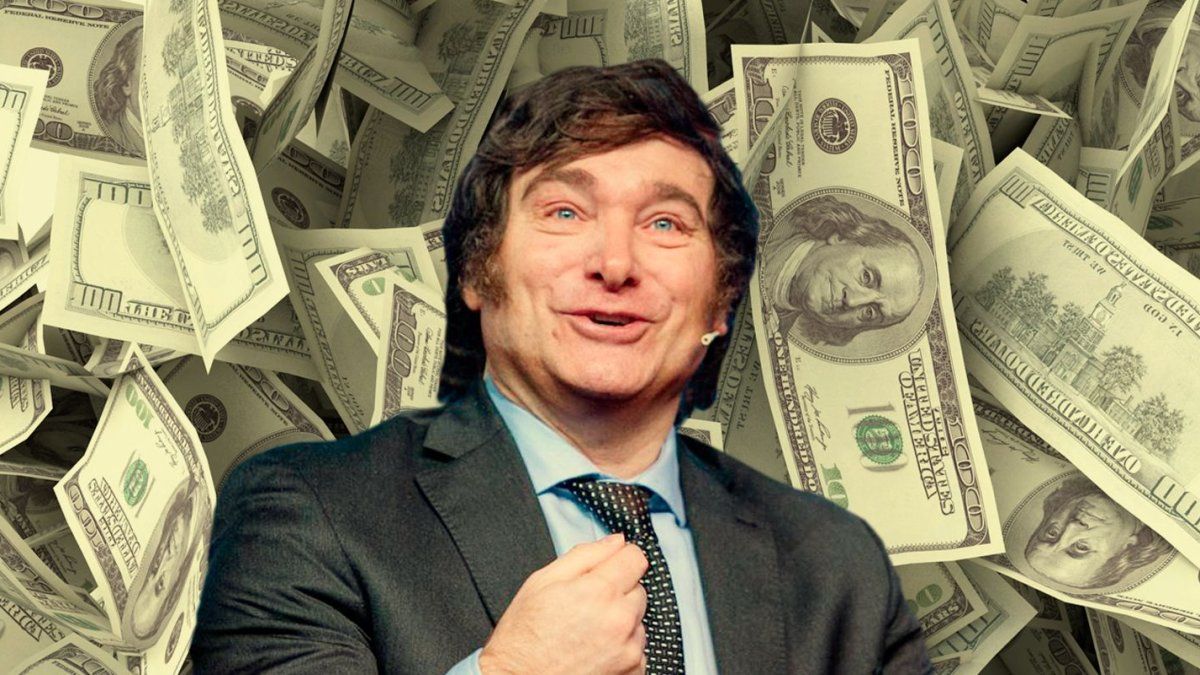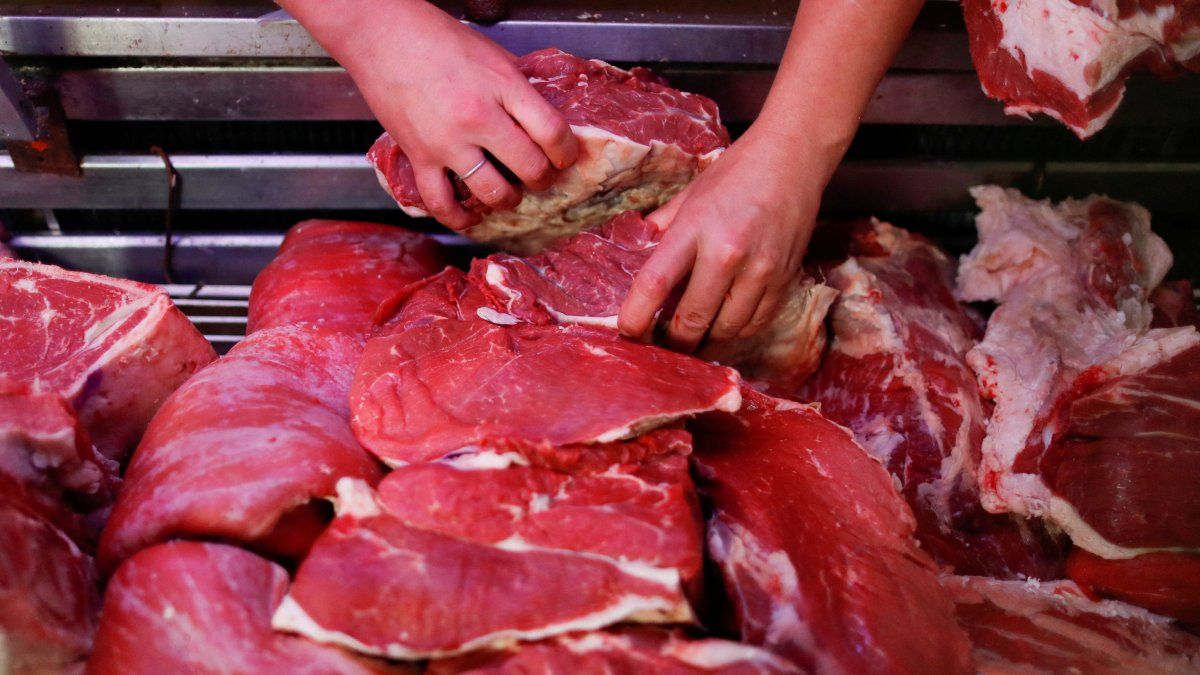Sebastian Brendel won gold in London, in Rio – and now wants to get back on the podium in Tokyo. In conversation with the stern he talks about preparation during the corona pandemic and technical helpers during training.
Mr. Brendel, you are one of the most successful German athletes: you have a dozen gold EM medals, you have been world champion ten times and you won gold three times at the Olympic Games in London and Rio de Janeiro. What was on your mind when the Tokyo Games were postponed last spring?
To be honest, I was relieved that the games were postponed and not canceled entirely.
But wasn’t it frustrating to train for a moment for years and to have to slam on the brakes shortly before reaching your destination?
In my opinion, the decision was the right one. The most important thing is that athletes, teams and spectators stay healthy. That couldn’t be guaranteed at a mega event of this magnitude. Back then there were neither vaccines nor rapid tests. This year looks a lot better.
The training plans are drawn up well in advance so that you are as fit as possible when you start in the Olympics. There is no provision for a one-year delay. Don’t you fall into a motivation hole?
I think it was very individual from athlete to athlete. I’m already a bit older. When the Olympics were postponed due to Corona, it was immediately clear to me that I would first take a little break and spend more time with the family instead. For them it was also an unfamiliar situation. Of course I kept my body fit, but I didn’t train the same amount that I needed for the Olympics. In retrospect, it was good for me to refuel the batteries again and to start training preparations again from autumn.
The second, even more violent corona wave began in autumn. How did that mess up your Olympic preparation?
We had strict hygiene rules in the club rooms, so we had to coordinate the occupancy of the weight rooms, for example. But we could always train on the water. In general, the Olympic squad in the state of Brandenburg were allowed to train at the Olympic base at any time.
Training camps abroad are usually part of preparation for the Olympics.
Actually, we always travel to the training camp in Florida, instead we went to Turkey in November. It was very unusual to be back on the plane after months of the pandemic and to travel with others. Nobody was vaccinated back then. I had a queasy feeling. We did the best we could during the training months to avoid infections, but of course athletes also got hit with us. Some even had severe courses. In the spring, more and more people from their own environment were infected. The impacts were getting closer, but I always had that goal in mind. Looking back, a bizarre situation.
The infections probably did not happen in the training rooms, but more in private. You have two children of your own. Did you isolate yourself for exercise?
That was a difficult subject for me and my family. The children go to school and could have brought the virus with them unnoticed at any time. In the club, too, I was constantly surrounded by people who I didn’t know how many contacts they each had. I’ve always tried to keep my distance – but that wasn’t possible at home.
The world-class canoeist Steffi Kriegerstein announced in the spring that she was not going to attend the Olympic Games in Tokyo because she was struggling with the long-term consequences of a corona infection. She complained of headaches, dizziness and said she was “flat as crazy”.
I’m very sorry for Steffi and made me brood too. If I had been infected as a participant before a qualification, the Olympics would have been ticked off for me. All the effort would have been in vain. For that reason alone, I have limited my contacts as much as possible.
Most athletes were vaccinated against Covid-19 from April. However, some athletes struggled for fear of vaccine side effects that could jeopardize their training progress. What was your attitude towards it?
I wanted the vaccination as soon as possible. The date was close to an important qualification. Fortunately, I had very few side effects, but that could have backfired. But it was worth the risk to me, just because of my children.
The corona requirements were different in many countries. The first international competitions took place in May. How fit is the competition?
We haven’t seen international competition for a long time. We could hardly compare ourselves in the competition. The Chinese drove the last time the world championship around 2019 and will not start again until Tokyo. This is a lucky bag for us.
You have already won three Olympic gold medals and are one of the contenders for Tokyo. How do you manage to stay at this top level?
Through hard training. My partner and I ride around 25 kilometers a day in the boat. We have four training units a day, plus weight training. We work for success from morning to night. However, technology is also becoming increasingly important: We have GPS trackers on our boats, for example, which measure our number of strokes, speed and so on. This data is sent directly to our scientific assistants’ iPad so that we can analyze each individual phase in detail. This enables us to find out where we lose speed.
The iPad has become an indispensable part of your everyday training routine.
In a two-person and four-person canoe, it is crucial that our movements are as synchronized as possible. Every delay, no matter how minimal, costs us strength and speed. That’s why the trainer follows us on a motorboat and films us with the iPad. However, not in normal recording speed, but in slow motion mode.
Why does the trainer need slow-motion recordings?
The offset times between the two canoeists are sometimes only 0.01 seconds. You can’t tell with the naked eye, these differences can only be seen with such technology. The tablet has the advantage that we can evaluate the recordings directly during the break and readjust them in the next training session. In the past it was filmed with cameras, the old VHS tapes are still lying around in the training center. This is of course much easier today.
Your mentor is Jürgen Eschert, he was the first German Olympic champion in canoeing. He won his gold medal in 1964 – in Tokyo.
He would have loved to go to Tokyo this time too. Unfortunately, because no spectators are allowed, this will not work. But I was there with him for a test competition in 2019. We visited his route from 1964 together. It was different from today, beautifully situated in the mountains. During this visit he met an opponent from back then who competed with him – that was a very emotional moment.
You have already won gold several times. How do you motivate yourself to keep going to the limit, especially with such a pandemic?
Those were just wonderful moments. Getting rewarded for your performance and training is also somewhat addicting. You want to show that you are the best. The feeling is beautiful and that drives me to keep going.
If you managed to get on the podium again, would this medal be worth more to you than the previous ones under corona conditions?
Of course that would be something special, after all, you trained for these Olympic Games for an extra year. But every medal has its own story. But above all, we have to get there first.
I have been working in the news industry for over 6 years, first as a reporter and now as an editor. I have covered politics extensively, and my work has appeared in major newspapers and online news outlets around the world. In addition to my writing, I also contribute regularly to 24 Hours World.




